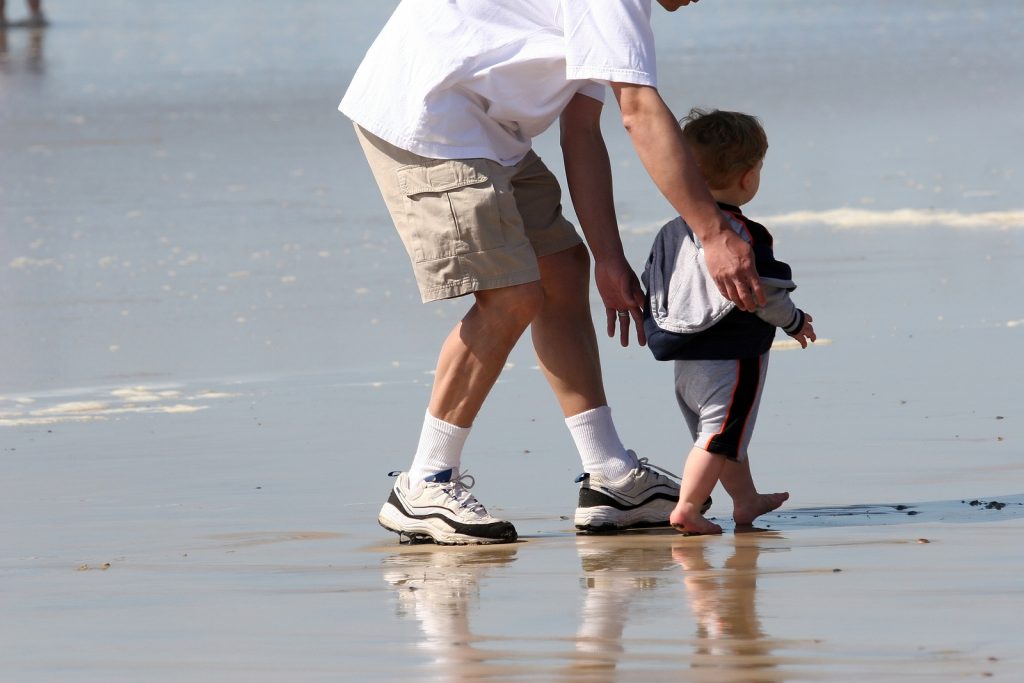As we often mention in our blog posts about personal injuries, the circumstances surrounding an accident are often critical to determining liability. A recent court case in Massachusetts further highlights this fact. It also considers the role of parental responsibility in child personal injury cases. Here’s a closer look at this case and the factors influencing the determination of liability for personal injuries at a property.
Overview of LaForce v. Dykeman
In this particular court case (which made it through the Massachusetts Appeals Court), a 6-year-old boy and his father were visiting a friend. There was a zip-line attached to two trees in the backyard. It did not have the seat attachment recommended by the manufacturer. The boy’s father helped him onto the zip-line and let go of him after a short distance. The boy was unable to hold on, and let go further down the line. The fall caused severe fractures in his arm, which required several surgeries. The family sued the homeowner and the home insurance company, claiming that they were owed a duty of care and that the homeowner was liable for not installing the recommended seat attachment or warning the boy of the danger.
The Court’s Ruling and Reasoning
The court ruled in favor of the homeowner in this case. Why? If you recall in the overview above, the boy’s own father placed him on the zip-line. In the court’s view, parents have a responsibility to keep their kids safe. Given the boy’s young age, the father should have known that his son would not be able to hold on to the zip line. He could have prevented his son from using the zip line given his age and the lack of a seat. However, instead, he put his son in danger, which eventually caused the injuries.
Liability for Personal Injuries at a Property
Although homeowners normally carry liability for personal injuries at a property, the devil is in the detail. Under normal circumstances, the homeowner would have a responsibility to warn visitors that the zip line may not be safe for younger children given the lack of a seat. However, the boy was too young to use the zip-line himself and his own father placed him there. The danger should have been obvious to the father as an adult and a parent. Thus, this particular detail made all the difference in the case.
The court’s ruling does make practical sense. Any parent who’s ever had a playdate with other parents and kids would understand this. When you see other kids misbehaving or doing something they shouldn’t, it’s tough to say anything when the kids’ own parents are present and seem okay with it. Liability for personal injuries at a property goes beyond the simple fact of who owns the property and/or who installed the zip-line. Parental responsibility and the specific circumstances surrounding an accident are always important.





